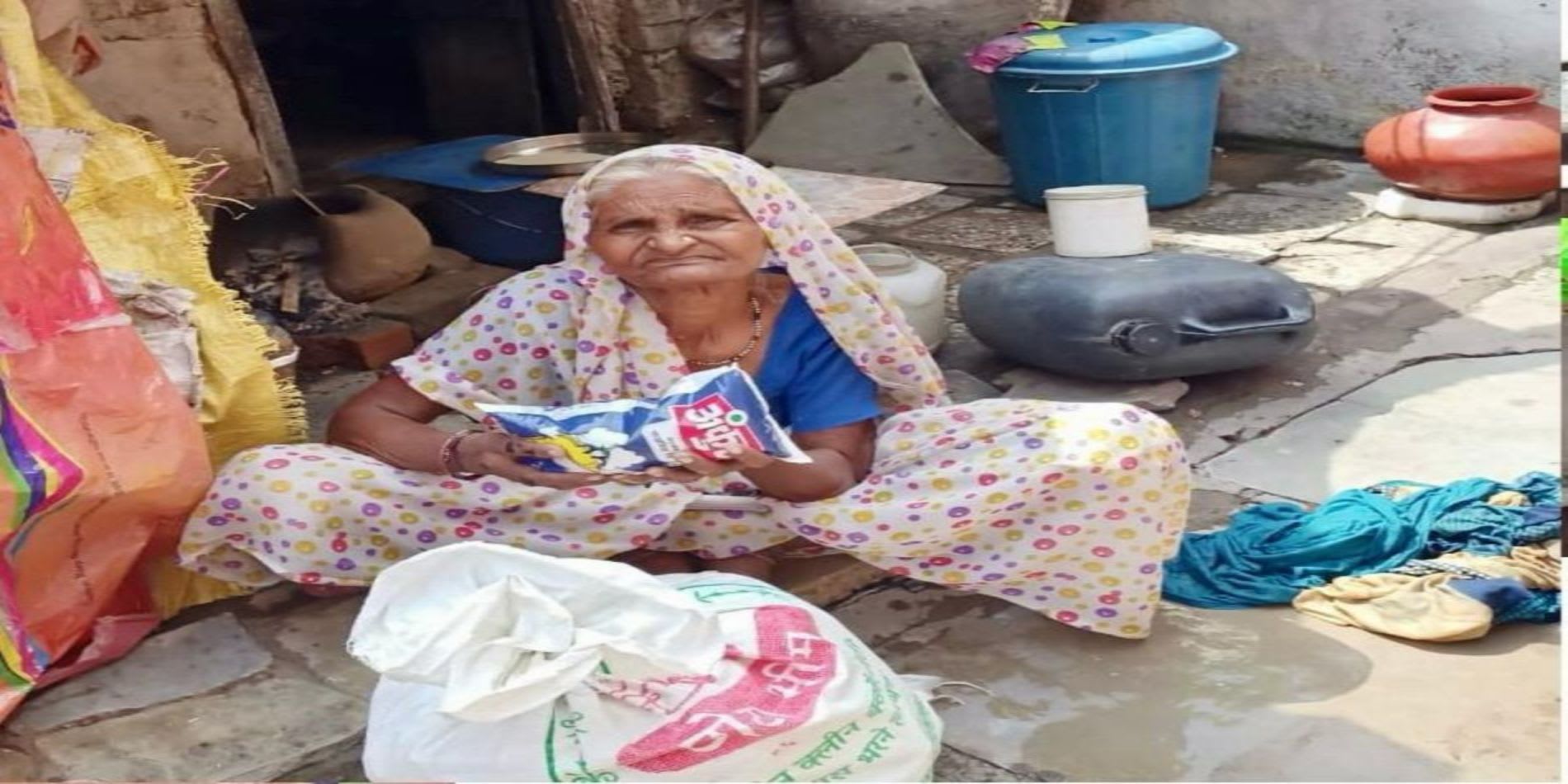
Saath is a Public Charitable Trust, founded in 1989, with an aim to support those underserved. Saath in Hindi/Gujarati means ‘together, co-operation, or a collective support. The organization is dedicated to empowering the marginalized communities, by providing livelihood opportunities, access to health care, education, financial literacy and inclusion through varied interventions developed organically in a participatory manner. The goal is to build ownership from within the community to ensure sustainability and impactful transformations, especially for women and children.
Vision: Saath envisions inclusive and empowered communities and individuals.
Mission: To make human settlements equitable living environments where all residents and vulnerable people have access to health, education, essential infrastructure services and livelihood options, irrespective of their economic and social status.
Approach: Saath engages organizations, corporates and individuals from India and globally as partners and supporters. Saath initiated the Integrated Community Development Program, an undertaking that seeks to rejuvenate slums into vibrant neighbourhoods. Saath works with slum residents, children, women, youth, informal sector workers, and vulnerable people in urban and rural areas. It addresses multiple needs of the socio-economically vulnerable with one-stop solutions, through which slum residents have access to basic services for holistic growth.
Saath’s Thematic areas:
Livelihood - The livelihood programs at Saath focus on making individuals financially independent either by equipping them with vocational training (traditional and non-traditional) or supporting them through entrepreneurial support. Women have been at the core of this initiative. Till date Saath has actively supported 72,809 youth and women for vocational training. Out of which 5200 are successful entrepreneurs. 3,200 women have been trained in non-traditional livelihoods.
Education - Saath has supported almost 23,066 children through various educational initiatives.**** The three main strategies tailored to the specific needs of communities are:
Balghar: Launched in 2004 as pre-school spaces designed to provide a nurturing educational environment for the holistic development of children. Activities within these spaces concentrate on addressing a child's cognitive, socio-economic, physiological, psychological, and nutritional needs. Serving as demonstration spaces, Balghar complements government-run anganwadis (Pre-schools), catering to the same age group of children. The ultimate goal of the Balghar is to seek admission for the child into a mainstream school, to further her education.
Child-Friendly Spaces: Is a vital initiative aimed at offering a secure environment for child laborers and the offspring of construction workers, addressing their comprehensive developmental requirements. Frequently left unsupervised due to the absence of parental care, these children are at risk of being compelled into child labor.
STEM Education: Is dedicated to enhancing the quality of education in Science, Technology, Engineering, and Mathematics through specially developed Centres, equipped with hands-on learning material, an essential need for children from marginalized communities, particularly girls, who often lack opportunities to pursue these subjects. The STEM experience also presents to them varied career opportunities which they can now seek out and explore.
Health – Health has been an integral part of Saath’s working since its inception, strongly believing that health has an implication on every aspect of a person’s life. Till date Saath has supported 8,22,040 through various interventions, health awareness programs and referral linkages especially focusing on reproductive and child health, vaccination, immunization, Tuberculosis and malnourishment among the vulnerable communities.
Livelihood: The livelihood program focusses on making indiviuals financially independent either by equipping them with vocational training (traditional & non-traditional) or supporting them through entreprenurial support. Women have been at the core of this initiative. Till date Saath has actively supported 76,788 youth and women through vocational training. 8,832 have been supported through Microentrepreneurship (ME) interventions.
Integrated Area Development (IAD) - The goal of IAD is bringing together & empowering communities to address issues affecting the quality of their life. The program includes extensive mapping, identification of problem areas and prioritizing them on the basis of severity and urgency. All done in a participatory manner to build ownership from with the community. Committees are then formed and empowered to take these issues to the local government for redressal. 25000 households have been supported through the IAD and more than 500 problems have been resolved.
Financial inclusion – The program aims to build a habit of saving among the community members, no matter how small the amount be. The intervention started in Rajasthan in 2016 spread to Uttar Pradesh and Gujarat as well. Saath has till date supported over 30,000 beneficiaries through various financial inclusion interventions.
****
Fundraisers

Turn Hunger into Hope with Every Meal
- Raised
- $112
- Next milestone
- $150

Food Kits for Forgotten Lives - Everyone Deserves a Meal
- Raised
- $0
- Goal
- $500
Donors
Sheela Thakker To the fundraiser: Turn Hunger into Hope with Every Meal1Sagar Patel To the fundraiser: Turn Hunger into Hope with Every Meal1
